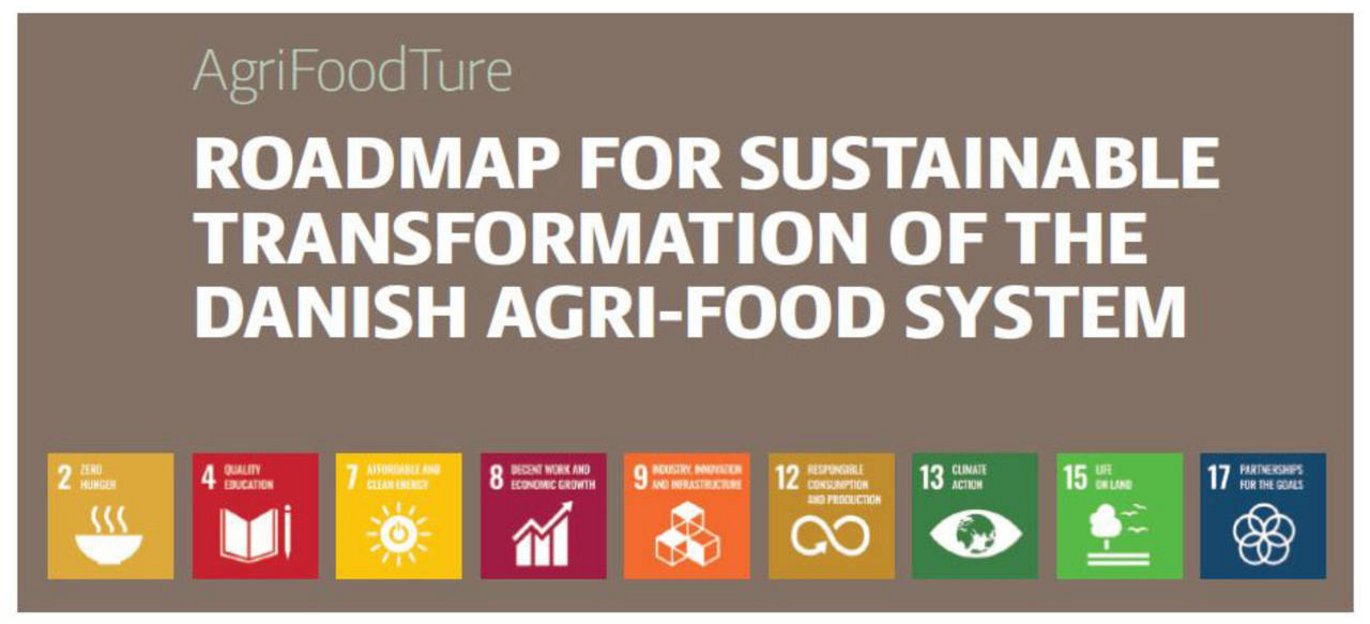Webinar on the green transition of Danish agriculture and food production
More than 200 researchers have made suggestions for the green transition of Danish agriculture and food production. On that occasion, Aarhus University, together with SEGES and the other Danish universities, invites you to a webinar on the new Roadmap for climate- and environmentally friendly agriculture and food production.

Denmark, together with the rest of the world, faces an enormous challenge regarding the transition of agriculture and food production in order to ensure a sustainable utilization of the earth's resources with minimal negative impacts on the environment and climate. Denmark has a unique opportunity to become a global driving force for the green transition of food, agriculture and land use, where nutritional foods are ensured for both the current and future global growing population.
The Danish government has allocated 700 million DKK to establish a number of Green Research and Innovation Partnerships to solve the climate and environmental challenges. The funds are offered by Innovation Fund Denmark, which has invited interested partners to create suggestions for the road to a green transition, including climate- and environmentally friendly agriculture and food production.
Join us when Aarhus University, in collaboration with the other Danish universities and SEGES, presents the suggestions for the road to a green transition of our agriculture and food system - Roadmap for Sustainable Transformation of the Danish Agri-food system - AgriFoodTure.
It will take place at a webinar on Friday 25 June at 10-12.
The webinar is open to everyone, but requires registration.
Sign up for the Roadmap webinar by following this link
More than 200 researchers from the Danish universities have contributed to the creation of the roadmap, which is supported by Danish business and stakeholder organizations.
At the webinar, an upcoming white paper will be launched that perspectives and elaborates on the conclusions of the roadmap - if we are to succeed in the transition, it requires extensive efforts in research, innovation and demonstration. This can only happen with increased cooperation between universities, knowledge institutions, companies and civil society, and it also requires strengthened international cooperation.
